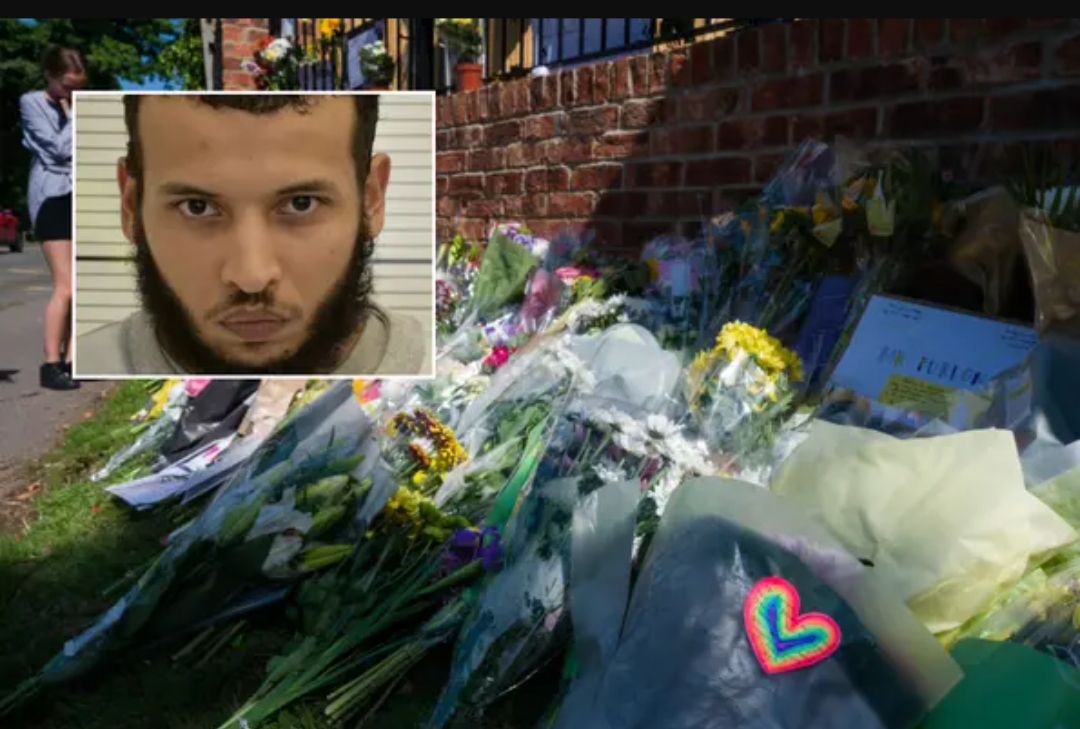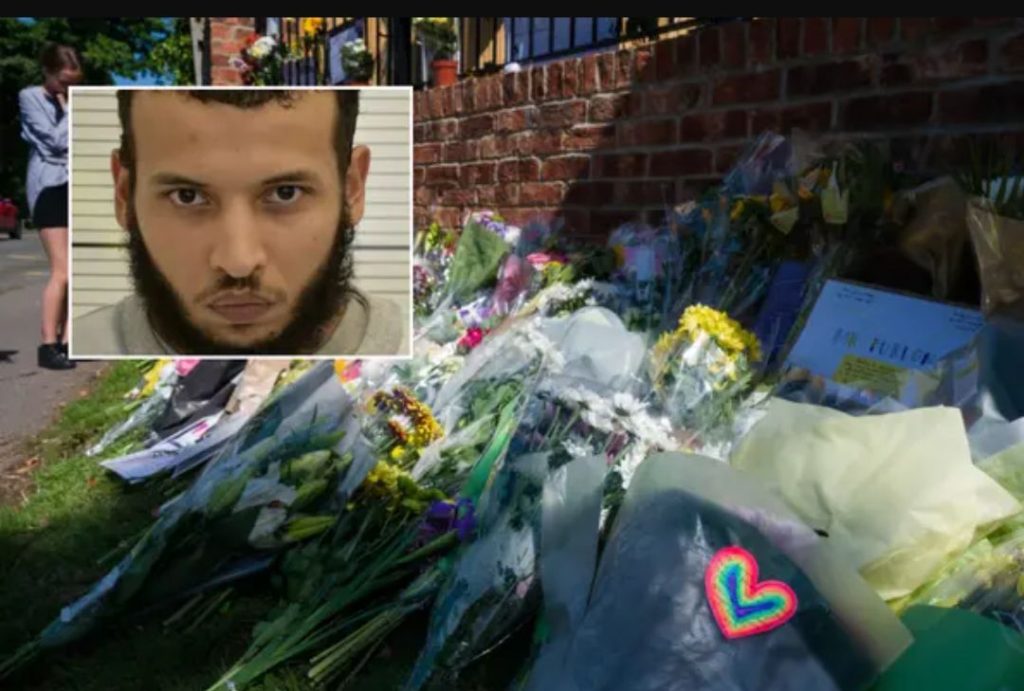Terrorist Who Killed 3 People Allowed To Stay In Britain Due To Home Office Error – Analyst Reveals

The tragic case of Khairi Saadallah, who murdered three innocent people in Forbury Gardens, Reading, sheds light on significant shortcomings within the UK’s immigration and judicial systems. Saadallah, a known violent offender and member of Ansar al-Sharia, a group linked to ISIS, was allowed to remain in the country despite a series of glaring errors by the Home Office.

Saadallah’s journey into the UK began in 2012 when he arrived on a tourist visa with his father. However, the Home Office failed to record his entry or his subsequent failure to depart by the visa expiry date. Alarmingly, he was able to claim asylum in October of the same year, setting off a chain of events that would ultimately lead to tragic consequences.
According to GB News, The lapses in the Home Office’s handling of Saadallah’s case were numerous and significant. Despite his violent criminal history and association with a known terrorist group, he was granted humanitarian leave to remain in the UK. This decision came after Saadallah exhausted all his legal appeals and argued against deportation, citing instability in Libya.
Furthermore, Saadallah’s interactions with the UK’s judicial and mental health systems revealed further deficiencies. Despite being jailed multiple times for violent offenses, he was repeatedly referred to mental health crisis teams upon release. This pattern suggests a failure to adequately address his underlying issues and assess the risk he posed to society.
The Home Office’s errors in Saadallah’s case were acknowledged during an inquest, with director Jane Sutton admitting to “woeful” mistakes in handling his immigration status. These errors, coupled with Saadallah’s ability to exploit legal loopholes to remain in the country, highlight systemic weaknesses in the UK’s immigration and judicial processes.
The repercussions of these failures were devastating. Saadallah’s heinous act of terrorism resulted in the loss of three innocent lives and irreparable damage to their families and communities. The victims, James Furlong, Joseph Ritchie-Bennett, and David Wails, were remembered fondly by their loved ones during the inquest, underscoring the human toll of such oversights.
The case also raises broader questions about the UK’s approach to national security and counterterrorism. Saadallah’s affiliation with a known extremist group should have triggered heightened scrutiny and preventative measures. Yet, he was able to evade detection and carry out a deadly attack on UK soil, exposing vulnerabilities in the country’s security apparatus.
In response to the revelations of Saadallah’s case, calls for reform within the Home Office and broader immigration system have grown louder. There is a pressing need for increased oversight, accountability, and transparency to prevent similar tragedies from occurring in the future. Additionally, greater coordination between law enforcement, immigration authorities, and mental health services is essential to identify and address potential threats proactively.
As the inquest into Saadallah’s actions continues, it is imperative that lessons are learned and concrete steps are taken to rectify the failings that allowed him to remain in the country unchecked. The memory of the victims demands nothing less than a comprehensive and robust response to ensure that such a tragedy is never repeated.




